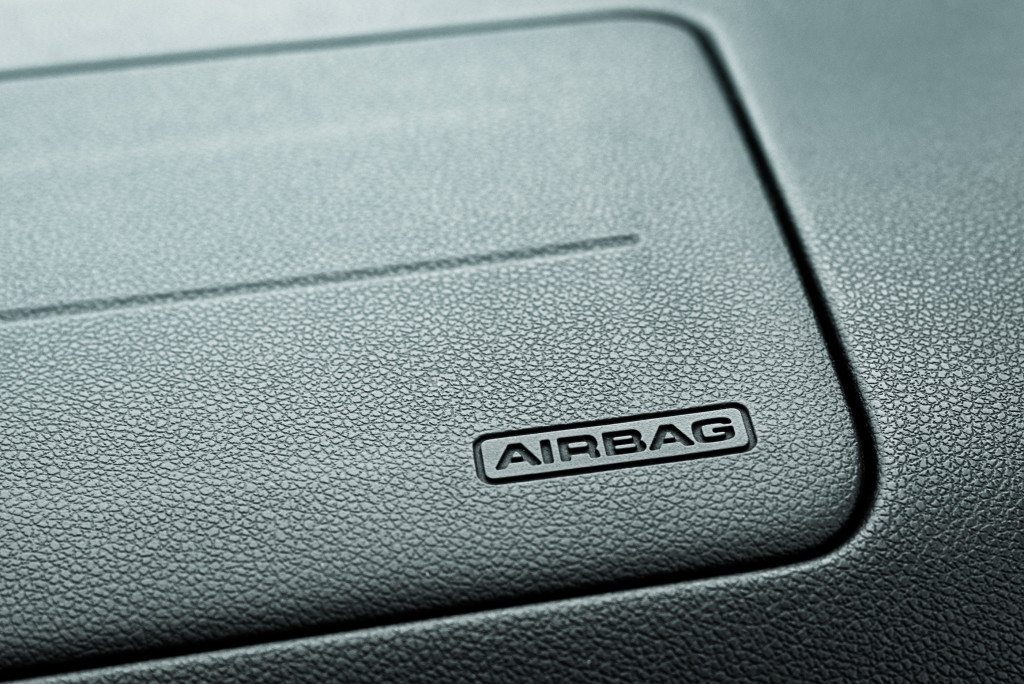If you’re a regular visitor to our legal blog, you may have seen our article on liability for injuries on public transportation. As we wrote about then, there are a few different scenarios where SEPTA, which operates trains, buses, and trolleys in and around Philadelphia, can be liable for compensating injury victims. This article will explore a specific scenario known as “jerk and jolt,” which plays a key role in many personal injury lawsuits against SEPTA and its personnel. If you were injured on SEPTA in Philadelphia, the jerk and jolt doctrine could be an important factor for your SEPTA accident lawyer in your case.
What is the Jerk and Jolt Doctrine, and When Does it Apply?
When we hear about SEPTA injuries on the news, crashes and collisions are usually to blame. As we wrote about last month, seven people were injured in SEPTA accidents over a period of just a few weeks, and one person became a victim of wrongful death. The death and all seven injuries were caused by major accidents, including a pedestrian accident, a truck accident, and a collision with a paratransit bus. But while injuries on SEPTA are usually caused by crashes, there doesn’t need to be an accident for a SEPTA rider to be seriously hurt.

This is where the jerk and jolt doctrine often comes into play. As you might have guessed from its name, this doctrine is pertinent to cases in which a SEPTA vehicle moves erratically or comes to a sudden stop, causing passengers:
- To fall.
- To be struck by falling objects or other passengers.
- To slam into the walls of the vehicle, the vehicle’s vertical support poles, the vehicle’s seats, or the other passengers around them.
This type of scenario can occur if the driver swerves or hits the brakes forcefully, even if no accident or collision is taking place.
If a passenger is harmed as a result of “jerk” or “jolt” of a bus, he or she may be able to recover compensation by filing a personal injury lawsuit against SEPTA. However, only under certain “extraordinary” circumstances . Citing Staller v. Phila. Rapid Transit Co., 14 A.2d 289, 291 (Pa. 1940) in an opinion filed May 2015, Judge Bonnie Leadbetter quoted the following:
“[T]estimony indicating that a moving trolley car jerked suddenly or violently is not sufficient, of itself, to establish negligence in its operation. There must be a showing of additional facts and circumstances from which it clearly appears that the movement of the car was so unusual and extraordinary as to be beyond a passenger’s reasonable anticipation, and nothing short of evidence that the allegedly unusual movement had an extraordinarily disturbing effect upon other passengers, or evidence of an accident, the manner of the occurrence of which or the effect of which upon the injured person inherently establishes the unusual character of the jolt or jerk, will suffice.”
Can You Get Compensation for Injuries Caused by a Sudden Stop on a SEPTA Vehicle?
So, in everyday language, what does that actually mean for plaintiffs? Let’s break the quote down into manageable pieces.

- “[T]estimony indicating that a moving trolley car jerked suddenly or violently is not sufficient, of itself, to establish negligence in its operation.”
- Just because a SEPTA vehicle came to an abrupt stop causing you to become hurt, doesn’t necessarily mean you can recover for your injuries. In tort law, negligence describes a failure to exercise reasonable precautions to avoid the risk of death or injury – a failure to meet the normal standard of care. Establishing negligence is a vital part of personal injury litigation. However, there is a heightened standard for proving a negligence against SEPTA in cases involving a jerk or jolt of a bus causing injury.
- “There must be a showing of additional facts and circumstances from which it clearly appears that the movement of the car was so unusual and extraordinary as to be beyond a passenger’s reasonable anticipation…”
- In cases against SEPTA, a sudden stop or jerk which causes an injury doesn’t necessarily mean the driver will be liable. To the contrary, the plaintiff – upon whom the burden of proof rests – needs to go one step further to prove the existence of “extraordinary” and “unusual” circumstances.
- “…Nothing short of evidence that the allegedly unusual movement had an extraordinarily disturbing effect upon other passengers, or evidence of an accident, the manner of the occurrence of which or the effect of which upon the injured person inherently establishes the unusual character of the jolt or jerk, will suffice.”
- The plaintiff must produce evidence proving the stop was so powerful that other passengers also fell or were injured, or, alternately, evidence of an accident whose nature attests to the forcefulness of the stop. Anything less is unacceptable.
- Notably, the jerk and jolt doctrine does not offer protection to SEPTA against claims if the bus is involved in an accident.
If you were injured on a SEPTA bus, trolley, subway train, or regional rail train, or if you have any questions about Pennsylvania’s jerk and jolt doctrine, please do not hesitate to call SEPTA accident lawyer Brent Wieand at (888) 789-3161 for a free and confidential legal consultation. You could be entitled to compensation with the legal help of a SEPTA accident lawyer in Philadelphia, PA for your medical bills, property damage, and other expenses.
***Disclaimer: This article is for informational purposes. It is not legal advice and should not be used as legal advice. Brent serves clients throughout Pennsylvania and New Jersey.***
